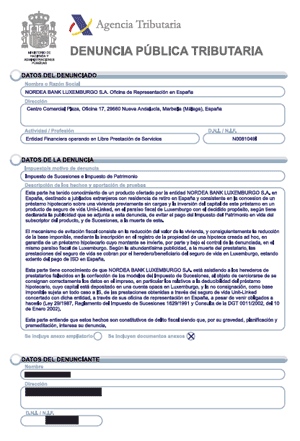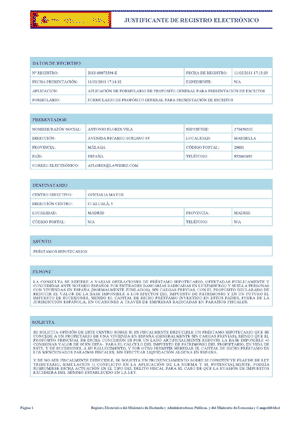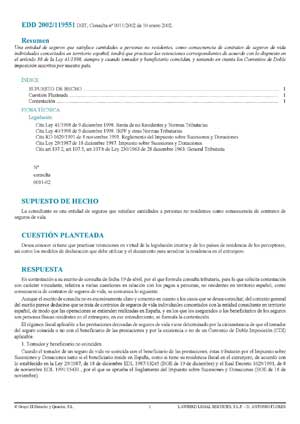One of the many excuses Rothschild put forward to excuse themselves of any wrongoing (and they have a case ready of excuses, just in case!) was that, when shamefully selling the nefarious CreditSelect loan (the mortgage loan which should not be seen as one thanks to “Rothschild conservative approach”), they never provided financial advice.
The reality is different: Rothschild not only provided tons of financial advice (abundancy of literature proves this), they actually selected the funds where the monies were to be invested in and there was no compromising in this.
For the pensioners, there was no reason to distrust their set up, as they put it:
Thanks to Rothschild’s conservative approach, clients will not be exposed to unnecesary risks
Mike Atherton has a very interesting column in the Money Section of The Times and very much line with the above, wrote an article yesterday (2/2/2013) titled When advice is not advice.
One of my Times Money colleagues recently sat in on a consultation her mother had with a mortgage expert. Strictly speaking, the expert was not offering advice but “information” about mortgages. However, as the conversation ranged over different mortgage products and her mother’s available options, my colleague could not help feeling that, whatever the official label, this felt more like advice than simple information.
This blurring of the distinction between information and advice is not confined to the mortgage market. The entire financial services industry is full of grey areas where consumers may think they are receiving one thing, when in fact what they are officially being given is something rather different.
The problem is especially acute in the investment world. Over the past 20 years a range of execution-only intermediaries, including discount brokers and investment platforms, has sprung up to offer investors a vast amount of information and research, but not advice.
They are competing for business with financial advisers, who, as the name implies, do give advice, as well as offering access to research and financial data.
So you have advisers on the one hand and intermediaries on the other, both helping investors with their investment choices and both offering them the benefits of their research and analysis. Investors could be forgiven for failing to spot the difference.
But the distinction is important because investors should be crystal clear about whether they are receiving financial advice or not. If they mistakenly think they are, they could be lulled into a false sense of security about the appropriateness of the product they are buying.
Some financial advisers suspect that their execution-only only rivals have not exactly been unhappy about the blurring of distinctions. The more cynical point to the many cases where intermediaries have drawn up lists of their preferred funds, or produced glossy booklets highlighting a small number of carefully selected funds, while making no mention of the rest.
What, the cynics ask, does this represent, if not a recommendation to buy certain funds and ignore others? The intermediaries would respond that they always issue a clear disclaimer that none of the information they provide should be construed as amounting to a recommendation or advice. But the cynics say that if it looks like advice, sounds like advice and feels like advice, investors are going to consider that it is advice.
Does anyone still believe today that Rothschild did not provided financial advice?
How much longer can they persist in pursuing this grand larceny?


